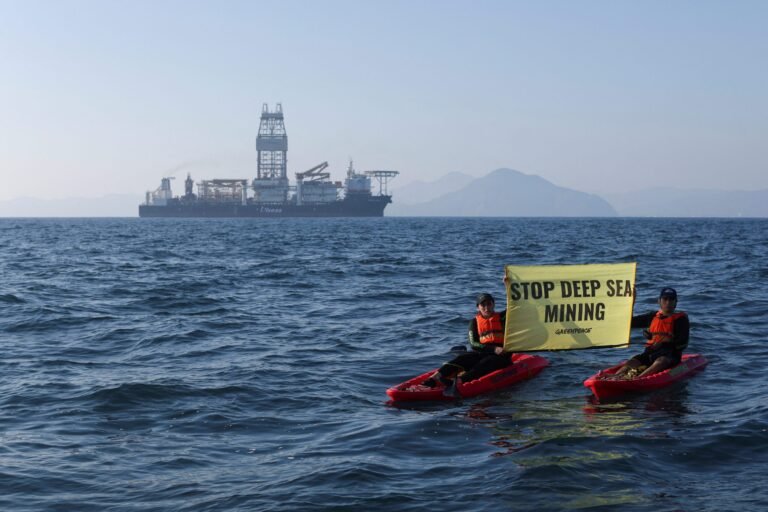The Department of the Interior Initiates Offshore Mineral Lease Evaluation in American Samoa
The Department of the Interior has initiated its first offshore mineral lease evaluation in over 30 years, focusing on waters near American Samoa with the publication of a Request for Information and Interest. The move follows President Trump’s Executive Order on offshore critical minerals development, aimed at reducing U.S. dependence on foreign mineral sources.
“Critical minerals are fundamental to strengthening our nation’s resilience and safeguarding our national interests,” said Secretary of the Interior Doug Burgum.
The process began on April 8, 2025, when Impossible Metals, a U.S.-based company, submitted a formal lease sale request to the Bureau of Ocean Energy Management (BOEM). The evaluation will involve comprehensive stakeholder engagement, including input from Indigenous Island communities, ocean users, and industry stakeholders.
U.S. waters are believed to contain an estimated 1 billion metric tons of polymetallic nodules—rich in manganese, nickel, copper, and other critical minerals. Studies suggest offshore mining of these resources could boost U.S. GDP by $300 billion over ten years while creating 100,000 jobs.
However, the project faces challenges. While the U.S. can authorize mining within its territorial waters, international waters present complex jurisdictional issues.
The International Seabed Authority, established under the UN Convention on the Law of the Sea—which the U.S. has not ratified—continues to debate standards for deep-sea mining, particularly regarding environmental impacts.
Environmental groups have raised concerns about potential irreversible impacts on marine biodiversity, though supporters argue this approach could reduce dependence on land-based mining operations.
BOEM has committed to ensuring compliance with environmental protection laws, including the National Environmental Policy Act, the Endangered Species Act, and the National Historic Preservation Act.
The Request for Information, scheduled for publication in the Federal Register in the coming days, will launch a 30-day public comment period.
Subscribe for Daily Maritime Insights
Sign up for gCaptain’s newsletter and never miss an update
— trusted by our 109,193 members

